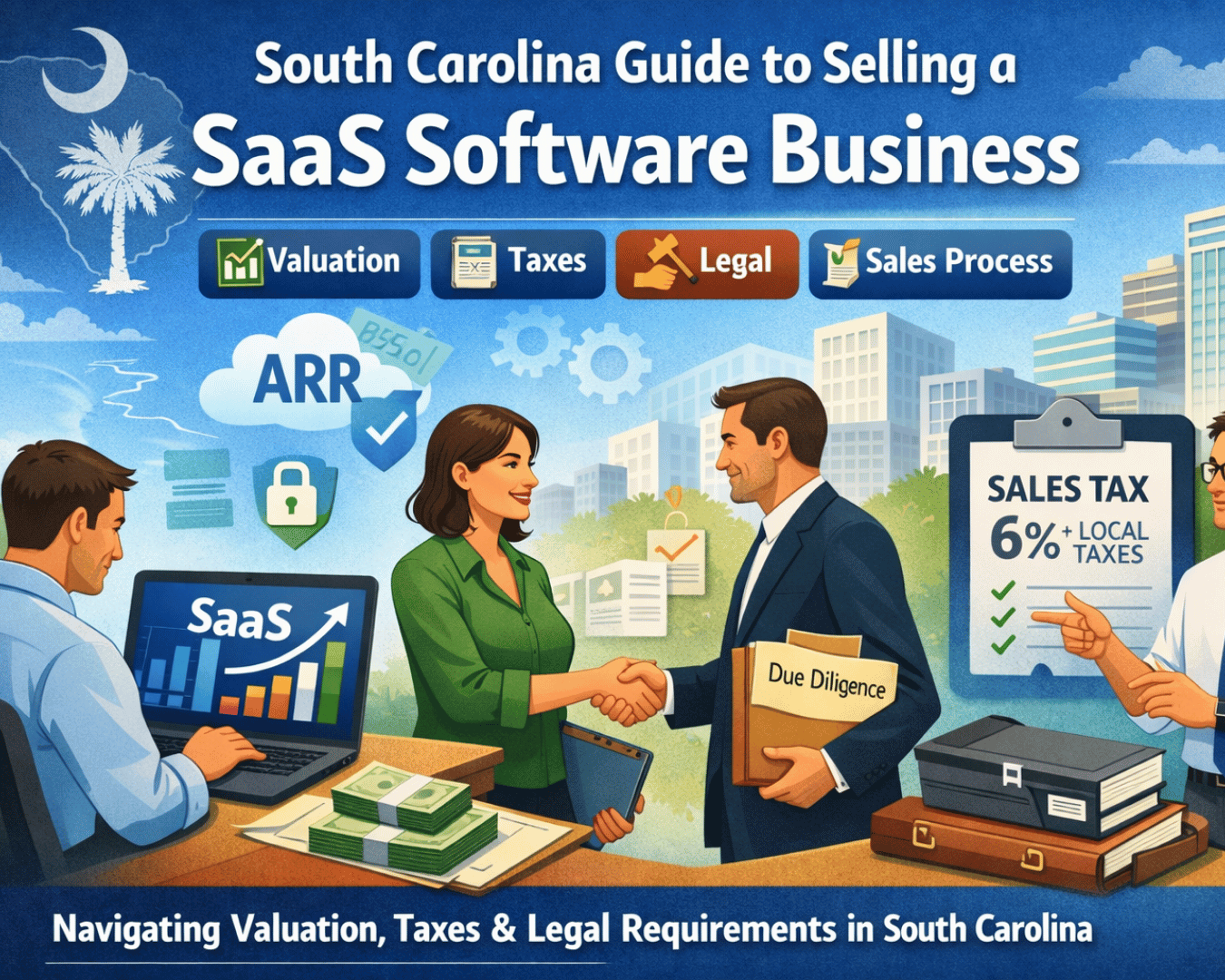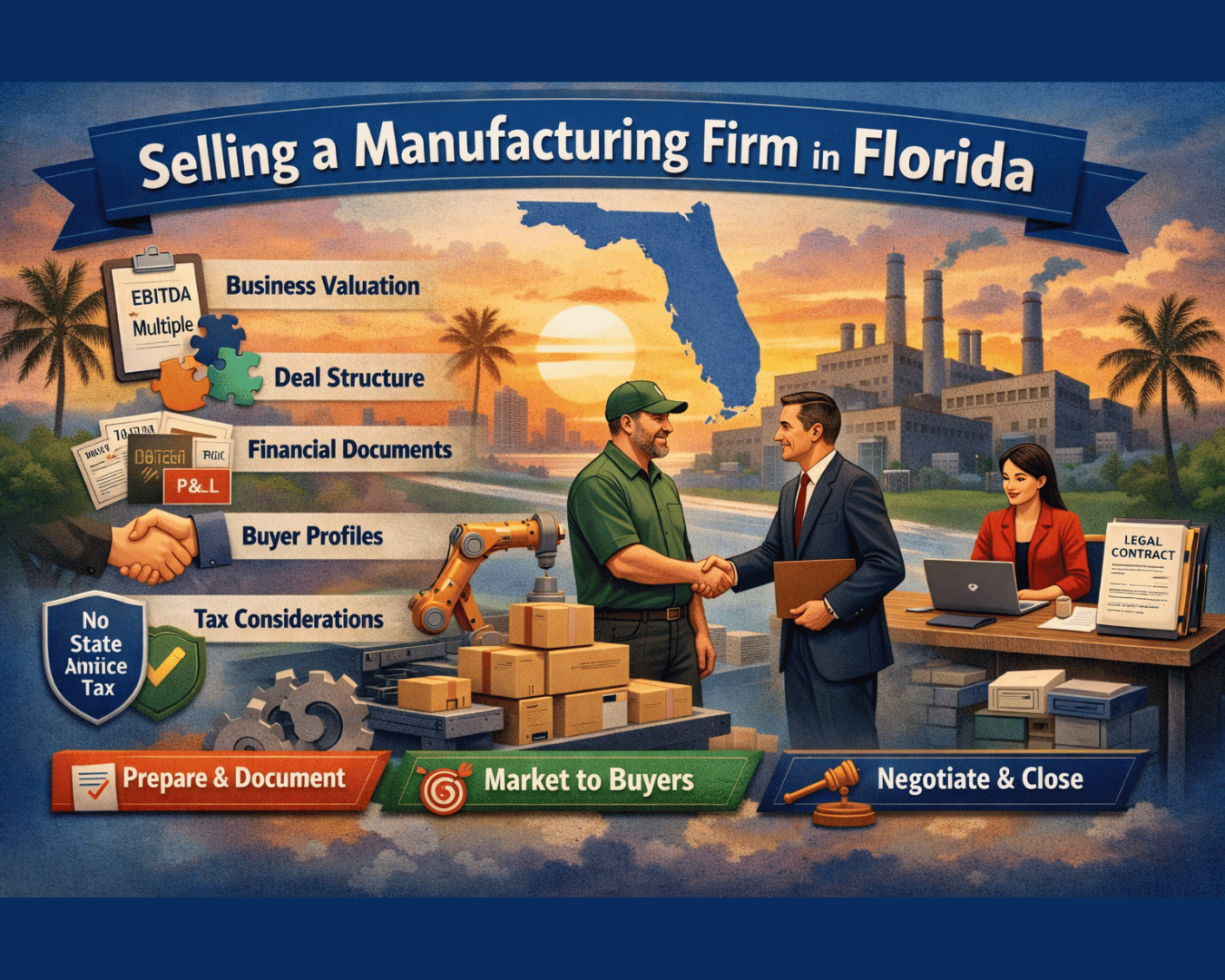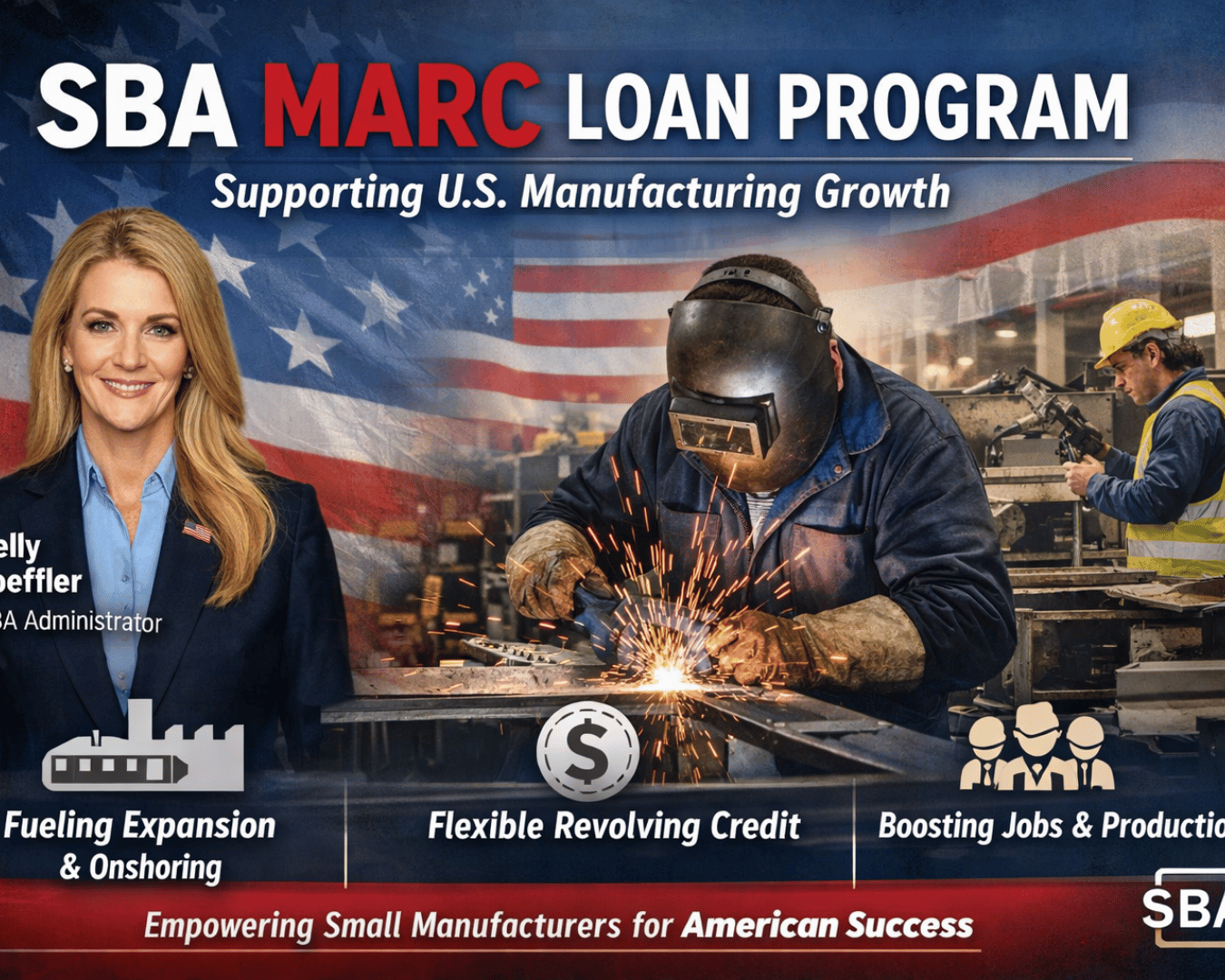How to Stand Out and Earn Backing in Entrepreneurship Through Acquisition
Search fund investors don’t fund business plans — they fund people.
And if you’re reading this, odds are you’re either launching your first search, preparing to pitch investors, or wondering why your calls haven’t converted yet. The reality is simple: you are the investment.
Before you have a target company or a closing date, the only asset in the deal is you — your character, your track record, and your ability to lead. Investors are evaluating all of that before they wire a single dollar.
So, what exactly are they looking for?
Below, we break down the six traits that every serious investor is screening for — along with real-world context, decision-making heuristics, and questions you’ll be silently graded on.
1. Extreme Personal Agency
“If you were dropped in the middle of a city with no money, no contacts, and no plan — could you still find a way to win?”
Personal agency is the cornerstone of searcher success.
Investors know that deals don’t fall into your lap. You’ll have to cold call brokers, chase down sellers, navigate dead deals, and survive multiple “no’s” — all while keeping your motivation high and your burn rate low.
They’re not just looking for ambition. They’re looking for:
- Grit and persistence in the face of ambiguity
- Self-starting bias — no need to be managed or handheld
- Evidence of action: Have you launched something before? Started, sold, or operated anything?
What Investors Think:
“If the search gets hard — and it will — will this person push through or pivot out?”
2. Proven Operational Aptitude
“Can this person run a $2M–$10M revenue business without burning it to the ground?”
Many searchers are ex-consultants, finance professionals, or MBAs. That’s fine — but investors don’t care if you can build a deck or model LBOs.
They want to know:
- Can you make real-world business decisions under pressure?
- Can you hire, fire, and manage people?
- Can you improve margins without destroying morale?
This doesn’t mean you need a 10-year operating resume — but you should have some operational proof point:
- Team management (even in a startup or nonprofit)
- Profit/loss responsibility (side hustle, department, or business unit)
- Tactical execution under stress (e.g. sales, logistics, ops)
What Investors Think:
“Will employees respect this person? Can they get things done without overengineering it?”
3. Character, Integrity & Trustworthiness
“Do I trust this person to run my capital the way I’d run it myself?”
Most investors will only spend 2–3 hours with you before deciding to invest. And they know they’ll have limited control once the capital is deployed.
That’s why trust is everything.
They’re looking for:
- Clear communication — no fluff, no jargon, no dodging.
- Emotional maturity — do you own your mistakes?
- Authentic presence — are you the same person in every room?
If you’ve made mistakes or have gaps in your story, own them. Transparency > perfection.
What Investors Think:
“Would I feel good about introducing this person to my network?”
4. Coachability and Learning Velocity
“Can this person go from 0 to 100 in 12 months?”
The search fund model moves fast. You’re expected to become an expert in deal-making, industry analysis, debt structuring, and small business leadership in real time.
No one expects you to know everything — but they do expect:
- Intellectual humility (you’re not the smartest person in the room)
- Learning agility (can you synthesize feedback and act?)
- High signal-to-noise filtering (what really matters right now?)
You should be able to explain how you've learned in fast-paced environments, and what kind of mentorship, advisory, or accountability structure you're building around you.
What Investors Think:
“Can this person level up fast enough to lead a $1M EBITDA company this year?”
5. Clarity of Vision and Acquisition Thesis
“Is this person serious — or just wandering around?”
You don’t need a specific deal yet. But you do need a clearly defined:
- Why you’re pursuing ETA
- What kind of business you're looking to buy
- How you plan to lead and grow it post-acquisition
That means showing up with:
- A tight acquisition thesis (industry, size, criteria)
- A personal story that aligns with your plan
- Awareness of deal dynamics (valuation ranges, competition, seller expectations)
Avoid vague ideas like “boring businesses” or “something with good margins.” Investors want to back a thoughtful operator, not a hopeful generalist.
What Investors Think:
“Do they have a filter that allows them to say no to the wrong deals — and yes to the right one?”
6. Execution Track Record
“Have they finished hard things before?”
The biggest signal you can send to investors is that you know how to finish what you start.
You don't need to be a serial founder or Wall Street wizard. But you should show:
- You've built something from scratch (a team, a product, a side hustle, a company)
- You've taken ownership of results in messy, real-world conditions
- You’ve made decisions when the stakes were high and outcomes uncertain
Show don’t tell. Avoid puffery. Use examples with outcomes.
What Investors Think:
“Is there any evidence that this person has done something difficult and come out stronger?”
Final Thoughts
Most people think raising capital is about the pitch deck. It’s not.
It’s about you.
If you want to succeed as a search fund CEO, start by reverse-engineering what investors are really looking for — and become that person. Not in theory. In practice.
They’re not investing in a dream. They’re investing in the discipline, character, and capability required to turn that dream into a real business.
And if that’s who you are? You’ll find the capital.











%20%20Process%2C%20Valuation%20%26%20Legal%20Checklist.png)




















%20in%20a%20%2420M%20Sale..png)
%20vs.%20Conventional%20Loans%20for%20business%20acquisition.png)























.png)


.png)
.png)


































.png)












